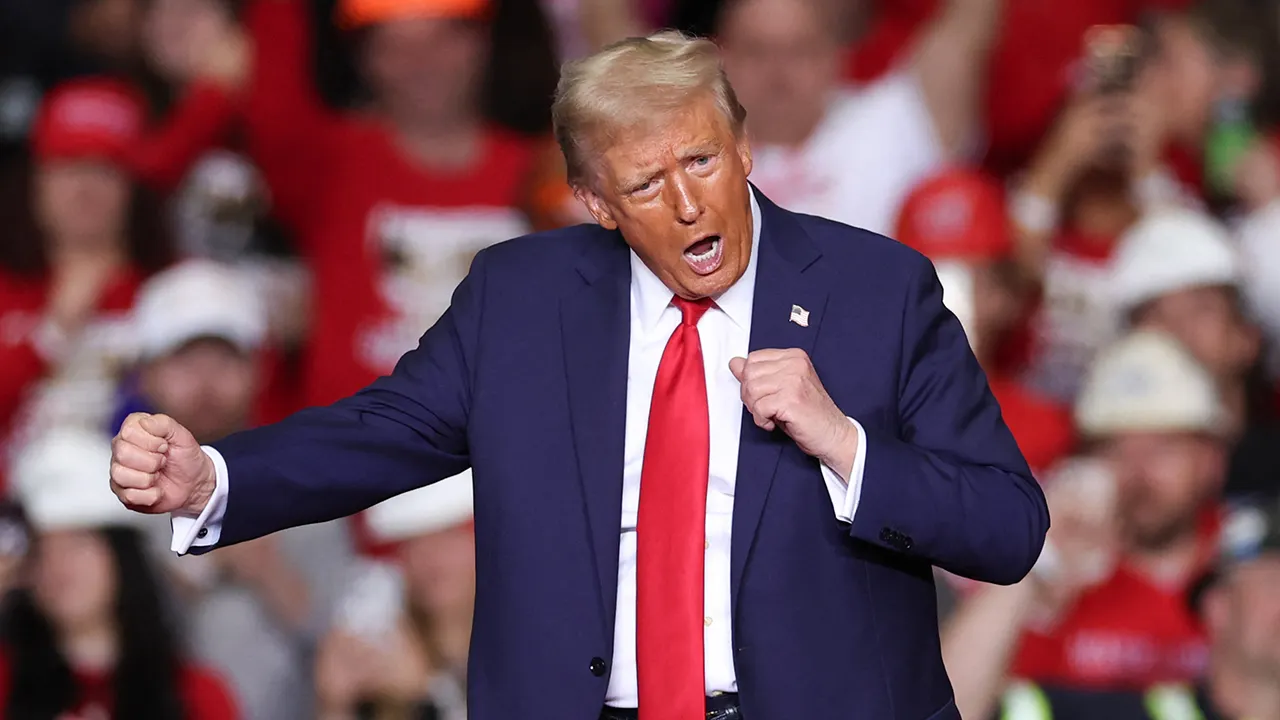French stocks are likely to take a further beating from political risk in the weeks and months ahead, but the impact will be focused in certain areas, according to strategists at Goldman Sachs.
Blue-chip stocks on Paris’s CAC 40 index last week logged their worst performance since March 2022, tumbling more than 6% as the nation was rocked by the surprise declaration of a snap election.
Markets were instantly spooked by the prospect of victory for the far-right National Rally in the legislative elections on June 30 and July 7, and the potential for populist fiscal policy, measures targeting banks and a “Liz Truss-style financial crisis.”
Along with an equity sell-off, borrowing costs climbed and the spread between French and German 10-year bond yields widened by 25 basis points.
Goldman strategists expect that spread to remain wide in the coming weeks.
“This would likely maintain the pressure on French domestic stocks, especially Banks, which are highly sensitive to sovereign spreads,” Goldman strategists said in a research note published Friday.
French domestic big names include supermarket chain Carrefour, construction firm Vinci and utility Engie, while its internationally oriented juggernauts include the likes of LVMH, L’Oreal and Remy Cointreau.
In the short term, Goldman advises looking to defensive sectors such as health care amid elevated political uncertainty.
A National Rally win would likely further dent French domestic stocks, the investment bank said, though in the longer run the party could prove more business-friendly than expected if it remains focused on securing a candidate victory in the 2027 presidential election.
There is also the prospect of a hung parliament and political deadlock, it added, which would “reduce the likelihood of a violent market reaction” but be consistent with wider sovereign spreads, taking a continued toll on specific exposed domestic stocks.
CAC 40 exposure
The CAC 40 as a whole has only around 20% French exposure, according to Sharon Bell, Goldman’s senior equity strategist.
“Now, that’s not zero French exposure, and people obviously are adding an extra risk premium to France at the moment given the upcoming election,” Bell told CNBC’s “Squawk Box Europe” on Monday.
“This is a market that has done well in recent years as well, some of the companies are quite richly valued … that 80% outside of France, a lot of these are dollar earners,” she added.
“I do think it’s been a bit of a knee-jerk reaction to sell off all French stocks, and we would argue that the ones that are most vulnerable are small caps and domestic French names.”

On a broader view, a higher perception of political risk in Europe contributes to the region’s valuation gap with the U.S., she added.
“When I speak to global clients — Asia clients, U.S. clients — about investing in Europe, one of the first things that comes up is political risk … I definitely think that gap between Europe and the U.S. is not going to close, it might narrow a bit which is our view, but it won’t close because of some of those risks,” Bell said.




















Discussion about this post